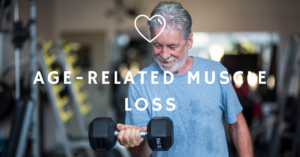Experiencing a drop in motivation is a natural part of...
Read MoreWhat's the difference between fat burning and fat loss
When it comes to achieving a healthier body composition, it’s important to understand the difference between fat burning and fat loss. These terms are often used interchangeably, but they represent distinct physiological processes. By delving into the science behind fat burning and fat loss, we can gain valuable insights into how to optimize our fitness goals.
fat burning
Fat burning, scientifically known as lipolysis, refers to the breakdown of stored fat into fatty acids and glycerol to be used as fuel by the body. During low-intensity activities or when at rest, the body primarily relies on fat as an energy source. However, it’s crucial to note that fat burning alone does not necessarily result in noticeable fat loss.
fat loss
Fat loss, in contrast, involves a reduction in overall body fat stores. It occurs when the body is in an energy deficit, meaning it is burning more calories than it is consuming. This deficit forces the body to tap into its stored fat for energy, resulting in a decrease in body fat over time.
Caloric Balance: The Key Factor
Scientific evidence consistently underscores the significance of caloric balance for fat loss. To effectively shed fat, you need to create an energy deficit by consuming fewer calories than you expend. This can be achieved through a combination of a balanced diet and regular physical activity.
Exercise and Fat Loss
Physical activity, particularly a combination of cardiovascular exercises and resistance training, plays a pivotal role in fat loss. Cardiovascular exercises increase calorie expenditure and stimulate fat burning during and after workouts. Resistance training helps preserve and build muscle mass, which is crucial for maintaining a higher metabolic rate and facilitating long-term fat loss.
Diet Quality
Scientific studies emphasize the impact of a nutrient-dense diet on sustainable fat loss. Consuming whole foods that are rich in fiber, lean protein, healthy fats, and complex carbohydrates promotes satiety, supports muscle maintenance, and fuels a healthy metabolism. Focusing on a balanced diet enhances the effectiveness of fat loss efforts.
What’s the difference between fat burning and fat loss
It's important to understand the difference between fat burning and...
Read MoreAge-related muscle loss
Sarcopenia refers to the age-related loss of muscle mass, strength,...
Read MoreGaining Body Confidence
Body confidence is a powerful attribute that empowers women to...
Read More



